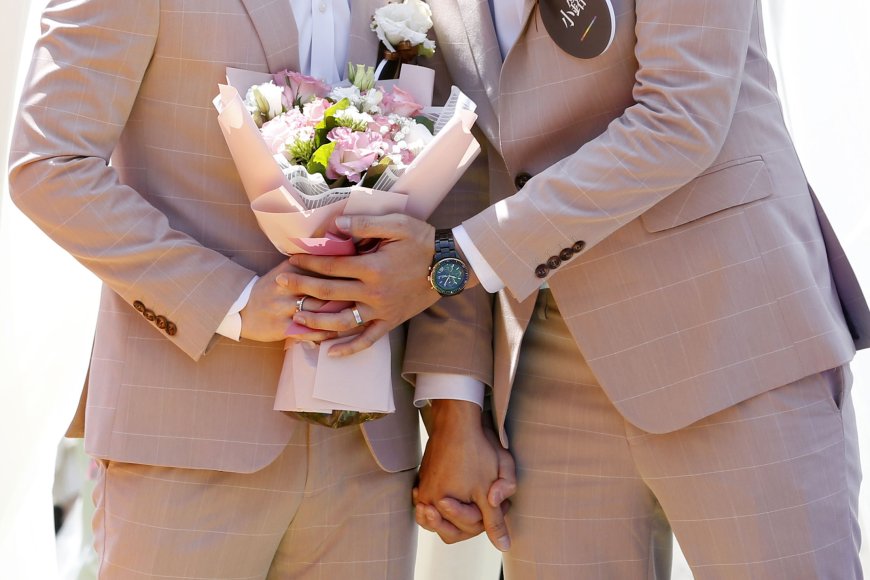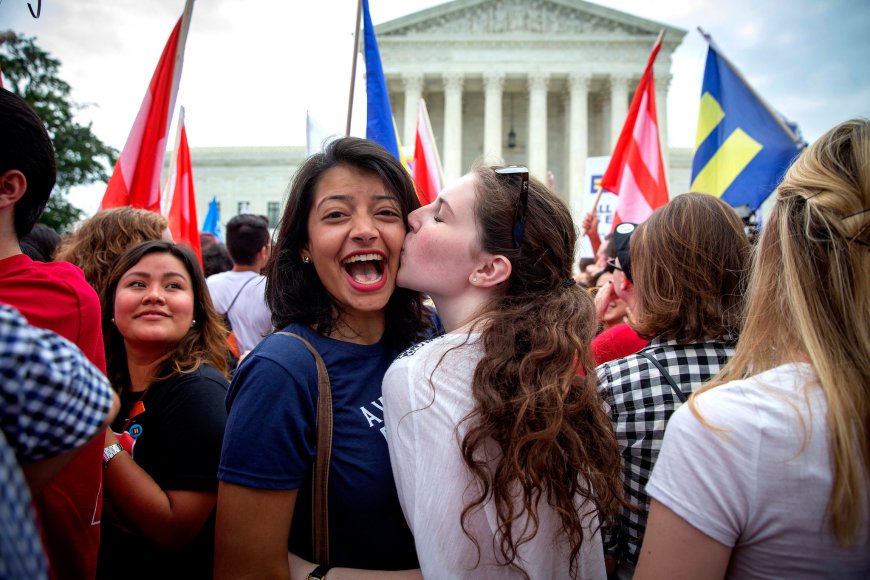From Legal to Social Acceptance: The Journey of Same-Sex Marriage Rights
This global narrative is rich with examples of how legal victories can spark broader societal change, yet the path remains uneven and filled with obstacles. Let’s dive into this remarkable journey and explore how the world is evolving in its acceptance of same-sex marriages

In the grand theater of human rights, the journey of same-sex marriage is nothing short of a dramatic odyssey. From the solemnity of courtrooms to the vibrant celebrations of Pride parades, the evolution from legal recognition to social acceptance is a story of triumphs, trials, and, most importantly, transformation. This global narrative is rich with examples of how legal victories can spark broader societal change, yet the path remains uneven and filled with obstacles. Let’s dive into this remarkable journey and explore how the world is evolving in its acceptance of same-sex marriages.
The Legal Milestone- A New Dawn
Legal recognition of same-sex marriage has been a groundbreaking milestone in the fight for LGBTQ+ rights. The journey began with landmark rulings and legislative changes, creating a new legal framework that acknowledged the right of same-sex couples to marry. The first country to legalize same-sex marriage was the Netherlands in 2001, setting a precedent that would inspire other nations.
As CNN highlights, the legal acceptance of same-sex marriage has spread to numerous countries, reflecting a significant shift in attitudes. From the United States’ Supreme Court ruling in Obergefell v. Hodges to Australia’s historic vote in favor of marriage equality, these legal victories have been pivotal. Yet, the path from legal recognition to widespread social acceptance is far from straightforward.
Social Acceptance The Real Test
While legal changes are essential, they are merely the first step. Social acceptance is where the real challenge lies. Legal rights alone do not always translate into social equality, and the struggle for acceptance continues long after the laws are passed. This phase of the journey involves changing deeply ingrained attitudes and challenging stereotypes that have been perpetuated for generations.
BBC News reports that in many regions, social acceptance lags behind legal recognition. In countries where same-sex marriage is legal, societal attitudes can still be resistant or hostile. For instance, despite legal victories in countries like Ireland and Spain, LGBTQ+ individuals often face discrimination and prejudice in everyday life. The ongoing work of activists and allies is crucial in bridging this gap.

Cultural Shifts and Celebrations
One of the most vibrant aspects of this journey is the celebration of LGBTQ+ identities and relationships. Pride parades, LGBTQ+ film festivals, and community events play a crucial role in fostering visibility and acceptance. These celebrations not only honor the progress made but also highlight the ongoing need for inclusivity.
Take, for example, the colorful Pride celebrations in cities like San Francisco and Berlin. These events serve as a powerful reminder of the importance of visibility and community support in achieving social acceptance. They demonstrate how cultural expressions can challenge norms and encourage broader societal change.
What's Your Reaction?














































































































